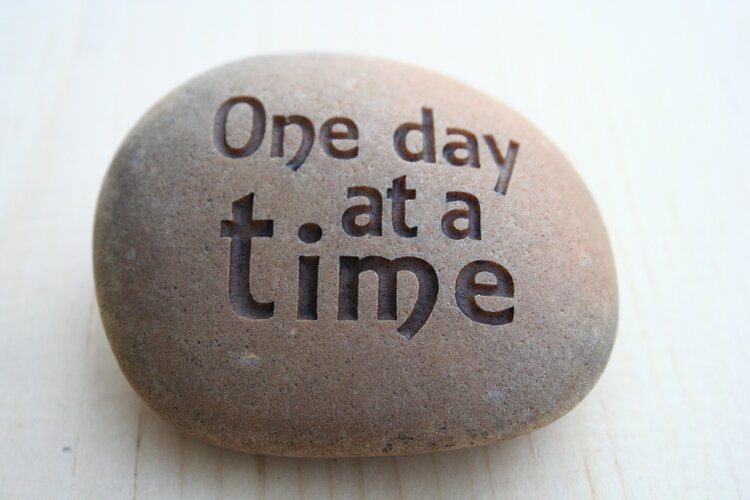One of my favourite takeaway from reading, How to Stop Worrying and Start Living by Dale Carnegie, is the concept of living in day-tight compartment which is attributed to Sir William Osier.
In 1913, Sir William Osler delivered a speech at Yale University which he called “A way of Life”. He recommends approaching life as a series of “day-tight compartments,” which he likens to the water-tight compartments that keep a ship afloat. He suggested living in day-tight compartment as an antidote for worry, because worrying about either the past or the future is a burden that does nothing but reduce your effectiveness.
If you focus your attention on what you have to do today, then over time, a string of successful days will make for a successful life. He quotes Thomas Carlyle: “Our main business is not to see what lies dimly at a distance, but to do what lies clearly at hand.” William Osler primarily attributes his own success not to talent or intelligence, but to good habits, consistently practiced, day after day after day.
“Our main business is not to see what lies dimly at a distance, but to do what lies clearly at hand.”
